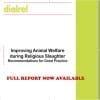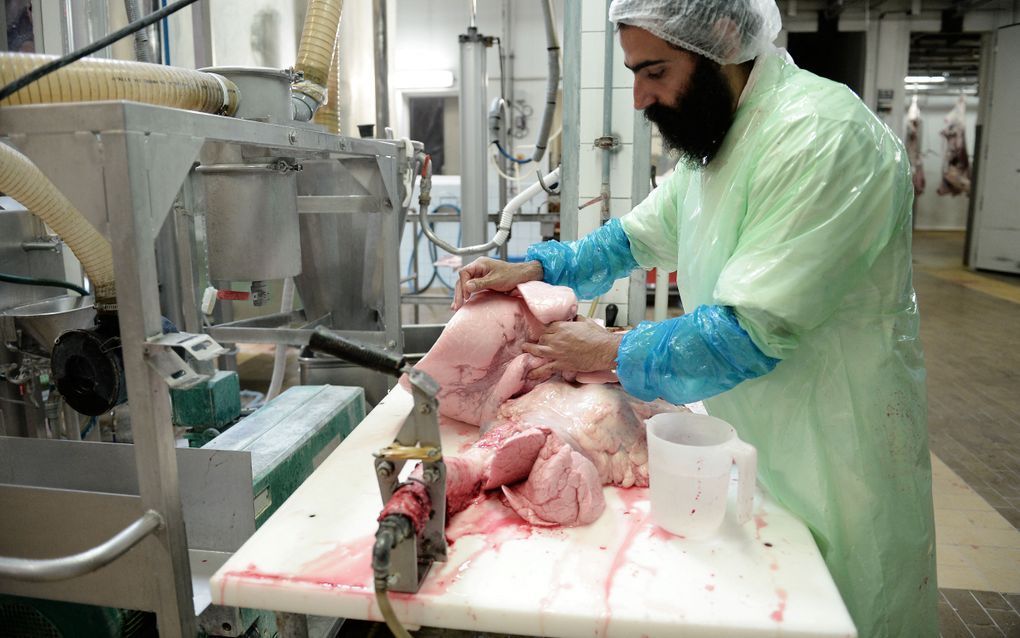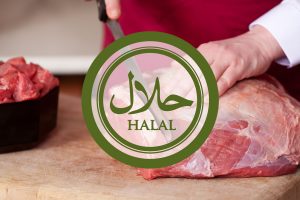 The DIALREL project is a FP6 ‘specific support action’ intended to address issues relating to the practice of religious slaughter and the market and consumers. The principle aims of this project is to explore the conditions for promoting the dialogue between interested parties and stakeholders and facilitating the adoption of good religious slaughter practices. The additional aim is to review and propose a mechanism for implementation and monitoring of good practices.
The DIALREL project is a FP6 ‘specific support action’ intended to address issues relating to the practice of religious slaughter and the market and consumers. The principle aims of this project is to explore the conditions for promoting the dialogue between interested parties and stakeholders and facilitating the adoption of good religious slaughter practices. The additional aim is to review and propose a mechanism for implementation and monitoring of good practices.
The DialRel project has met with controversy from many sides. In partcular, both the Jewish and Muslim communities in the UK have felt that the entire project has been, from the outset, a mechanism to amend the laws that allow for non-stunned religious slaughter. There has been criticism that the project, while claiming to be a dialogue, did not engage with the religious communities in any significant manner, and as a result, did not really examine that matter in a sufficiently deep or even-handed manner.
It is naturally difficult to separate the entire project, in the public perception at least, from the proposed EU law that would require all non-stunned meat to be labeled accordingly, a move that is seen as being anti-religious slaughter, as the label would carry an inevitable unethical slur. The proposed legislation has been seen as being against WTO guidelines as it would create unnecessary barriers to trade. One industry insider said that he did not expect that the amendment would be passed at the deciding vote in December, as it required a unanimous decision.
In any case, the full Dialrel report is available here, both as an online document as well as a pdf.
Dr Adrian Evans from Cardiff University, a core member of the Dialrel team will be addressing the forthcoming World Halal Forum Europe on 10-11 November at Earls Court Conference Centre in London. Both the report and the proposed EU legislation issues will be discussed at this important Halal industry forum that was started in 2006 and is being held in the UK for the first time.



